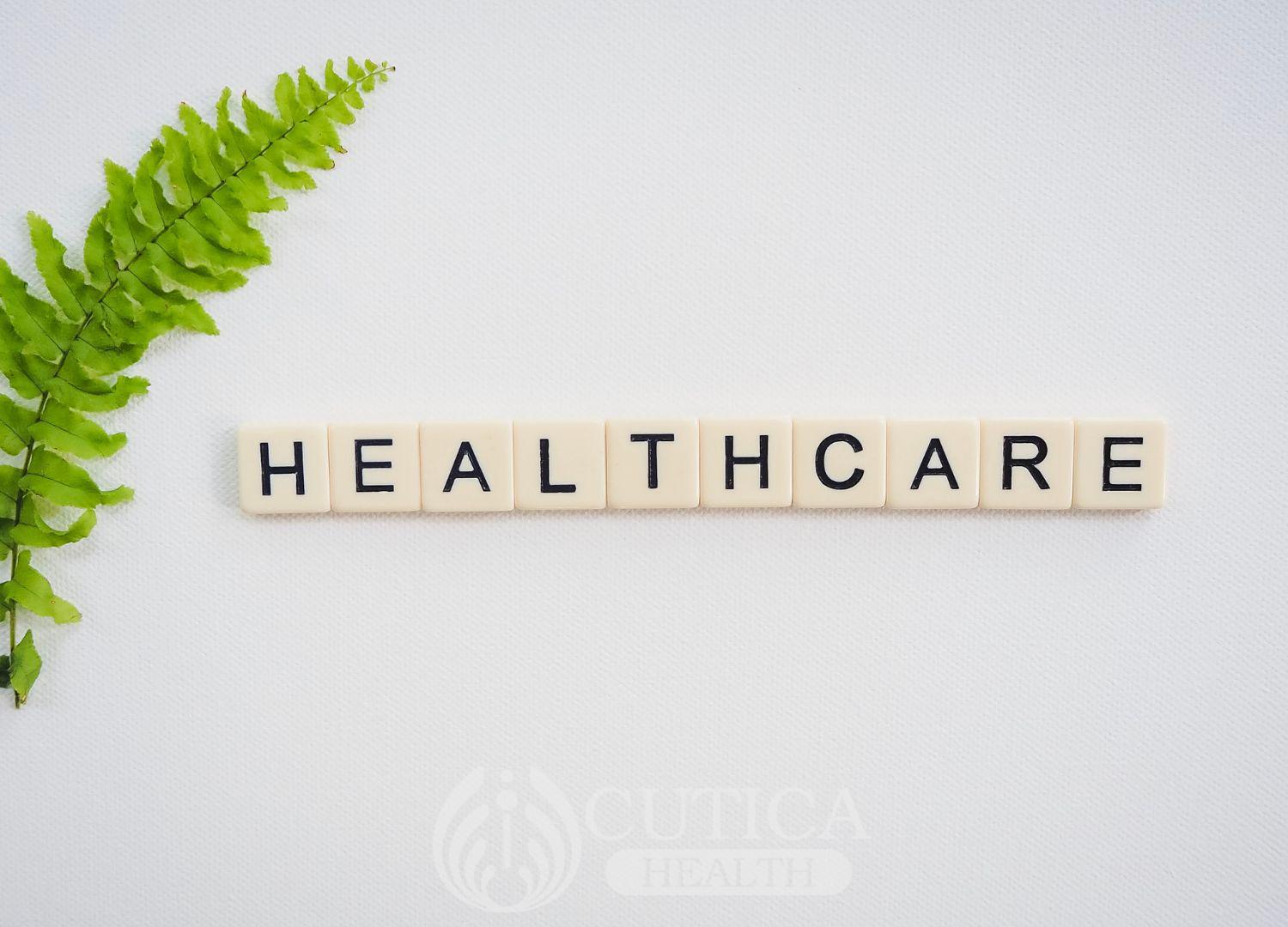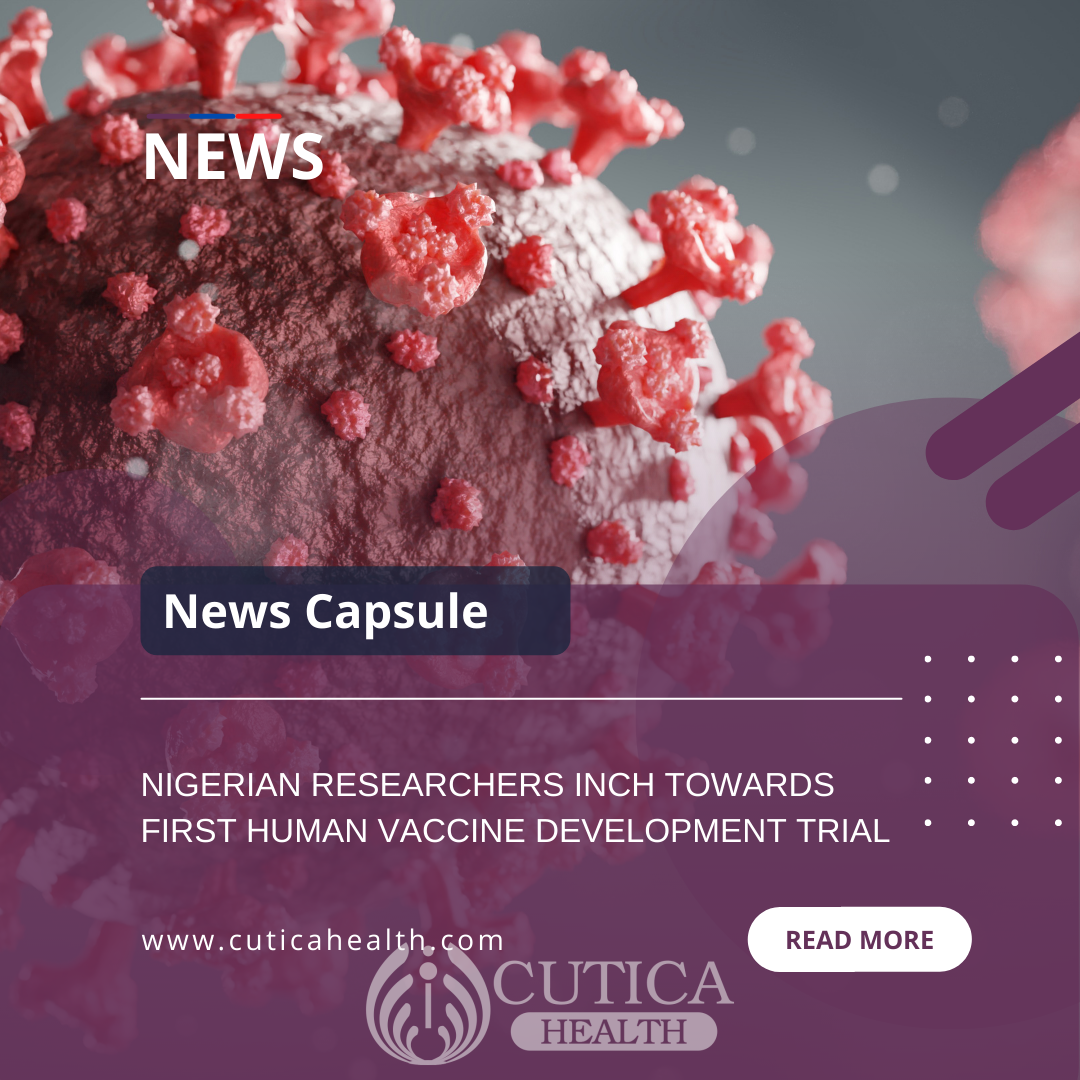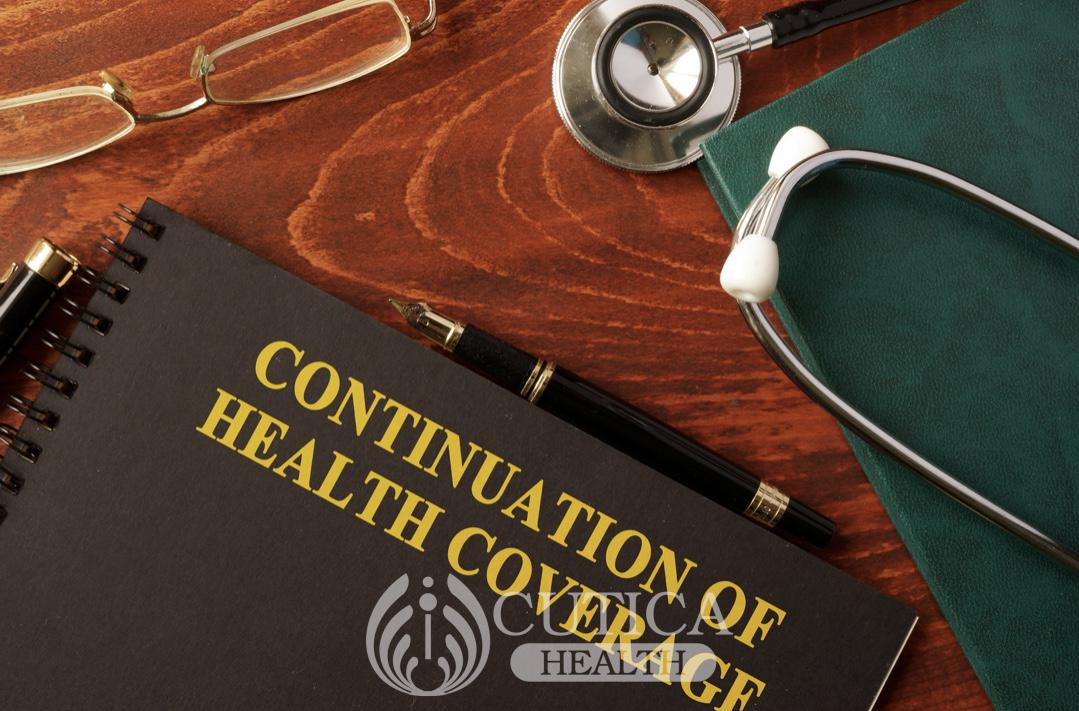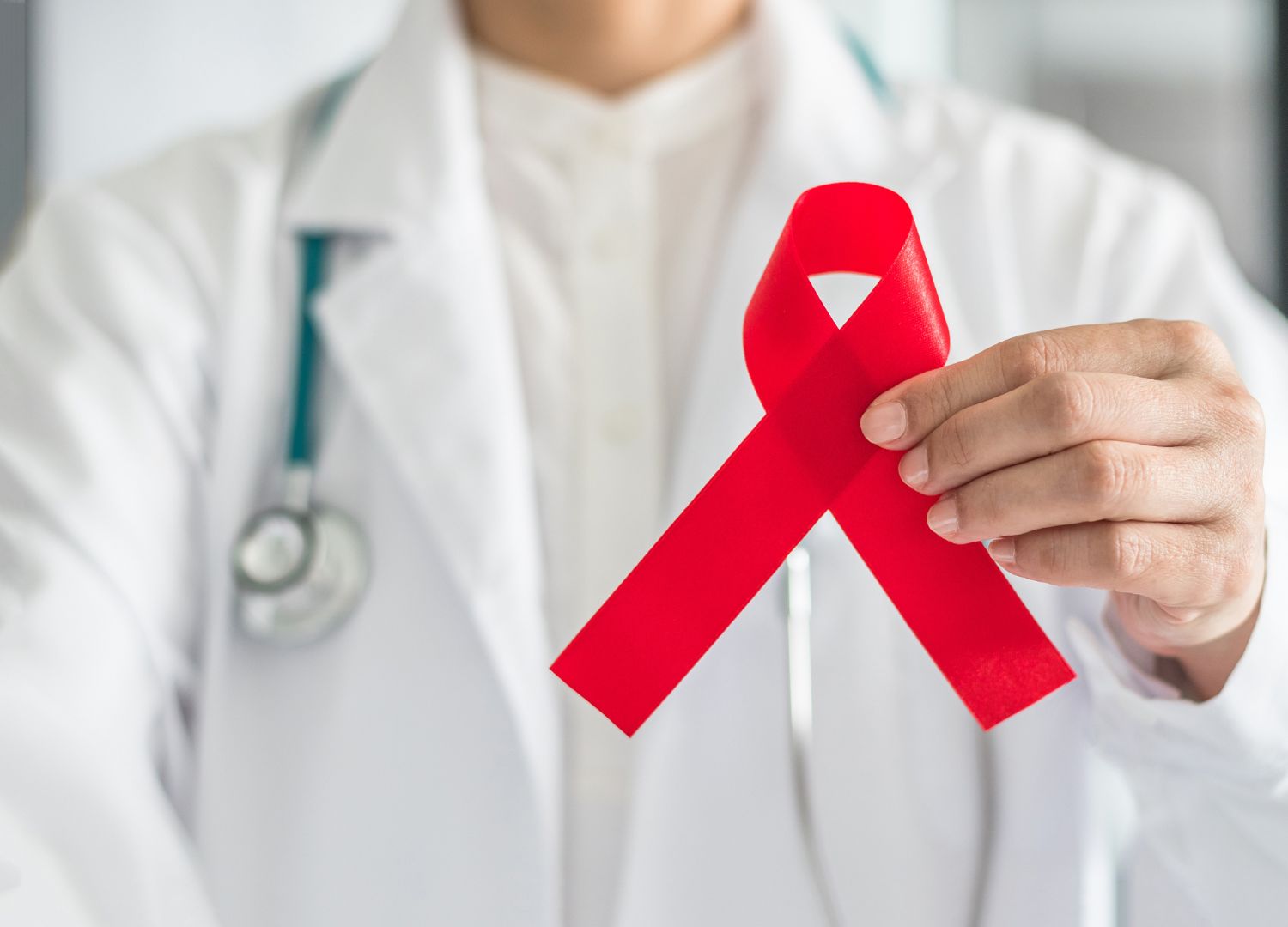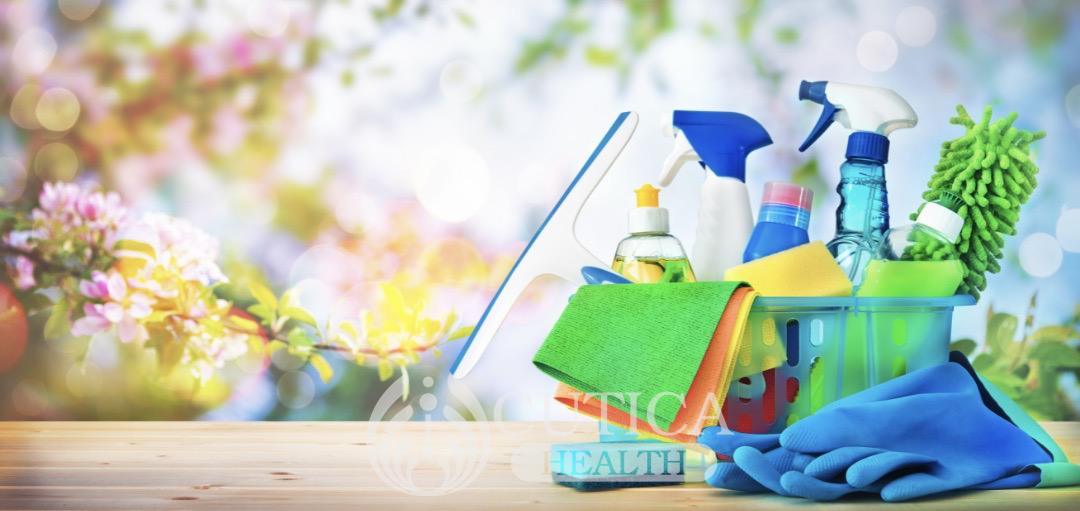
So what is hygiene?
Hygiene is defined as conditions and practices that promote and preserve health. It is one of the key ways through which the growing problem of antibiotic resistance can be tackled. While it’s important to use antibiotics appropriately, proper hygiene will help reduce the need for antibiotics. Proper hygiene practices will also help break the chain of infection from one place to another or from one person to another. In fact, proper hygiene can help prevent even self-infection.

Hygiene can be classified in different contexts; personal, family and community contexts. The approach to each context will help to create a holistic “hygiene response” through the collaborative efforts of individuals and other stake holders in the public health sector. These helpful tips include:
- Hand washing: While it might seem like over flogging the topic, proper hand washing is one of the most effective ways to prevent infections and break the cycle of infectious already established. The hands come in contact with the outside environment more than most body parts and it is a vehicle for disease-causing bugs. And it is almost impossible to separate the hands from the face or other parts of the body, thus the hand gets in contact with body parts and help to transfer disease-causing organisms to those parts.

By proper hand washing, you get to prevent this “self-inoculation” from happening. So wash your hands before and after you eat, after you use the restroom, after you visit the hospital, etc. Just wash your hands.
- Wash fruits and vegetables: The cleanliness of what you eat is important. Washing fruits and vegetables help to rid these edibles of dirt and bugs that might be resident on them. So washing them with water will help to reduce/eliminate contaminants from fruits or vegetables. Not washing these edibles could lead to diseases such as cholera, typhoid and food poisoning which can become life threatening if not properly managed.
- Wash your clothes: Wearing clean clothes, even down to the under wear, is proper hygiene. This prevents skin infections which will necessitate prolonged antibiotic use. So washing clothes and ensuring to change them as regularly as possible is important to hygiene and health.
- Bathe as regularly as possible: This is important to wash off dirt and dead skin cells. As well as keep the skin healthy. Daily activities produce a lot of waste products such as sweat and other secretions. By bathing regularly, you help the body rid itself of such by-products.
- Oral hygiene: I will use a more general term here - Oral - to show that the teeth are not the only part of the mouth that should be cleaned regularly. Brushing your teeth and flossing are important to maintain a healthy oral cavity. It removes bacteria and improves the functioning of different parts of the mouth. Also, regular dental check-ups are important to ensure proper oral hygiene.
- Nails: Nails on the fingers and toes can house a litany of bacteria and can subsequently be a source of infection. Keeping nails short and cleaning them out regularly will help to prevent carrying or transferring germs from one point to another including infecting one’s self.

These are just few tips to get you on the right track concerning your personal hygiene and ensure you lower your need for and subsequent use of antibiotics.








